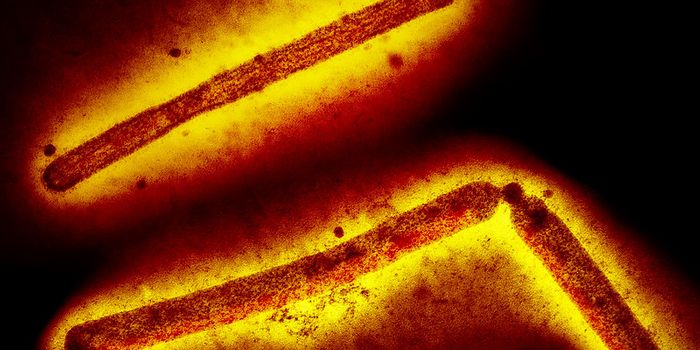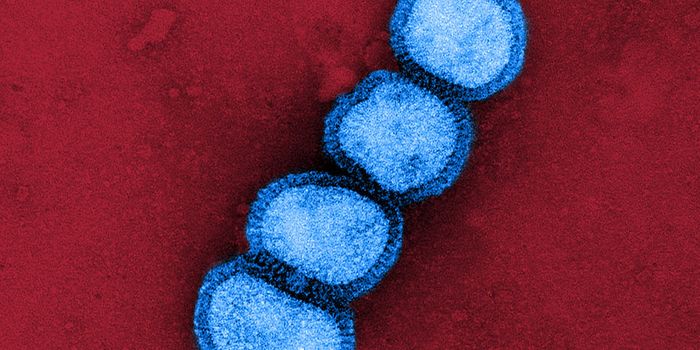New Drug Candidates for COVID & Other Viral Infections
The SARS-CoV-2 virus that causes COVID-19 emerged to sicken or kill millions of people, and it spurred a massive scientific effort to learn more about how to diagnose, treat, and prevent the disease. After years of effort, researchers have now created several new candidates that could make excellent drugs for use against SARS-CoV-2 and potentially other coronaviruses as well. When these candidate drugs were tested in models, they were more effective at fighting SARS-CoV-2 and MERS (Middle East Respiratory Syndrome) than Paxlovid was. The findings have been reported in Science Advances.
"In three years, we've moved as fast as a pharmaceutical company would have, from start to finish, developing drug candidates against a totally new pathogen," said co-corresponding study author Charles Craik, Ph.D., a professor at UC San Francisco. "These compounds could inhibit coronaviruses in general, giving us a head start against the next pandemic. We need to get them across the finish line and into clinical trials."
Many pharmaceutical companies are no longer searching for COVID treatments, but an NIAID grant allowed these researchers to keep looking for an effective drug. This grant is now terminated, so the future of these drug candidates is uncertain. More safety testing would be required, along with clinical trials, before these drugs could be approved for use on the market.
Prior to the termination of their grant, this group was looking at enzymes that break proteins apart, called proteases, as drug targets. The team was focused on a major protease (MPro), which the SARS-CoV-2 virus uses to cut its proteins into useful parts. These parts then help the virus replicate in human cells.
The researchers used computational tools to test different molecular structures against MPro to find one that could block it. When one that slightly blocked it was identified, the researchers generated hundreds of molecules that were based on this model. These candidates were then tested in the laboratory. Two showed good activity against MPro: AVI-4516 and AVI-4773. They also weren't particularly active on human proteases, suggesting that they may have few side effects.
The compounds were tested in cell culture dishes first, and then in a mouse model. They were effective against the virus and also appeared to be safe for the animals.
"It's very challenging to fight viruses in general, let alone SARS-CoV-2, but these new compounds were some of the best, if not the best, we had ever seen, in terms of eliminating infection," said co-corresponding study author Melanie Ott, MD, Ph.D. of the Gladstone Institutes.
The researchers optimized the candidates further, and the resulting drugs could be effective against current variants of SARS-CoV-2 and potentially, viruses that may emerge in the future as well.
"These compounds are easy to modify and should be easy to manufacture," said study co-author Adam Renslo, Ph.D. of UCSF. "AViDD enabled us to discover important new countermeasures for an important class of viral pathogens. It's critical that we see this project through to clinical studies to ensure we're better prepared for the next pandemic."
Sources: UCSF, Science Advances









